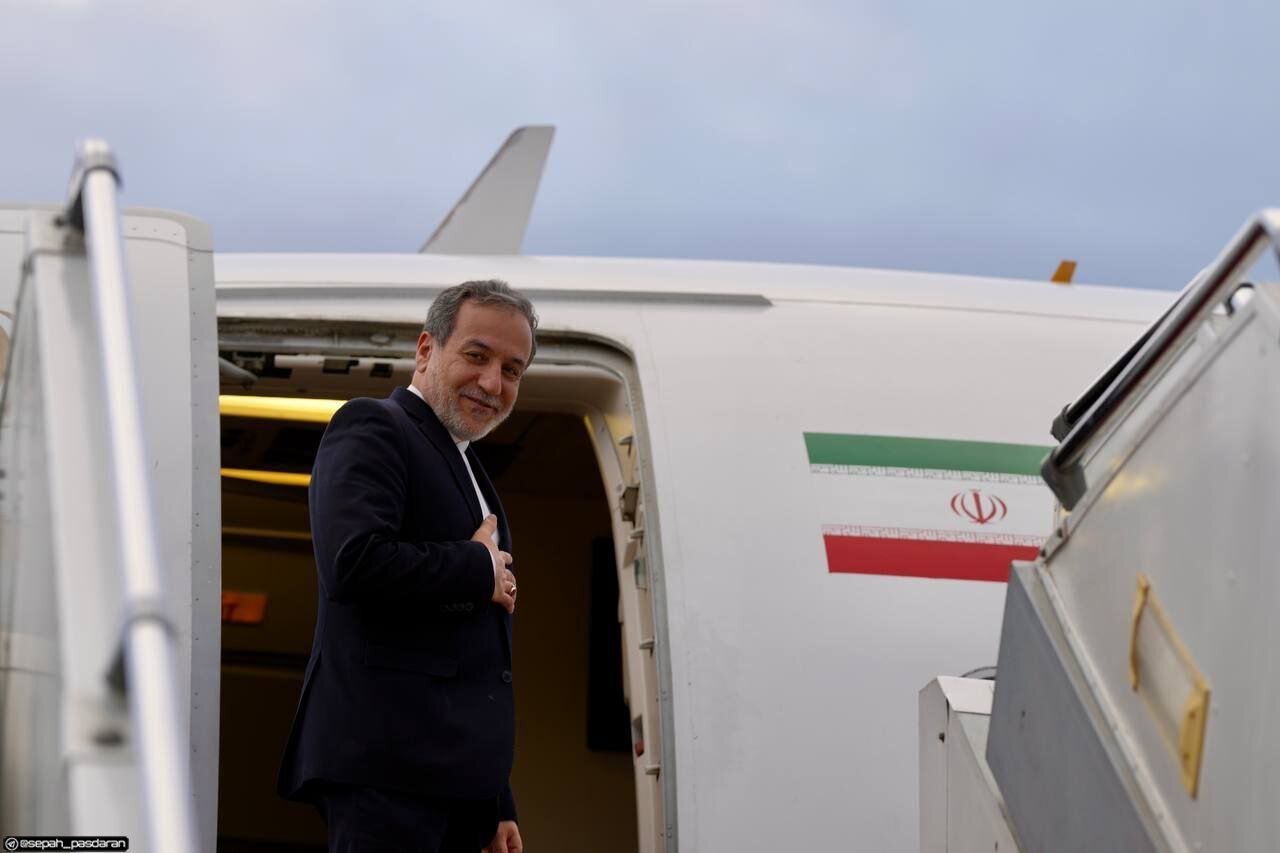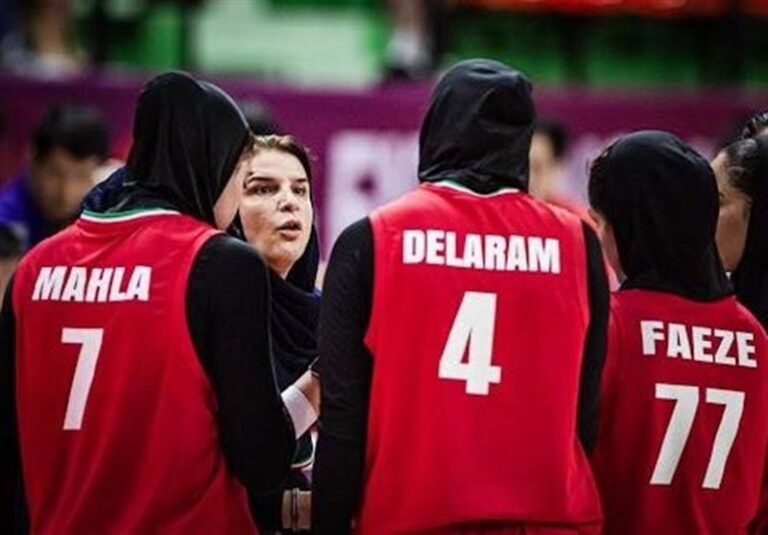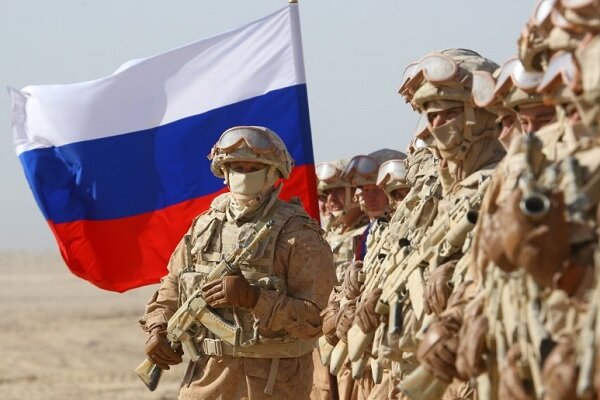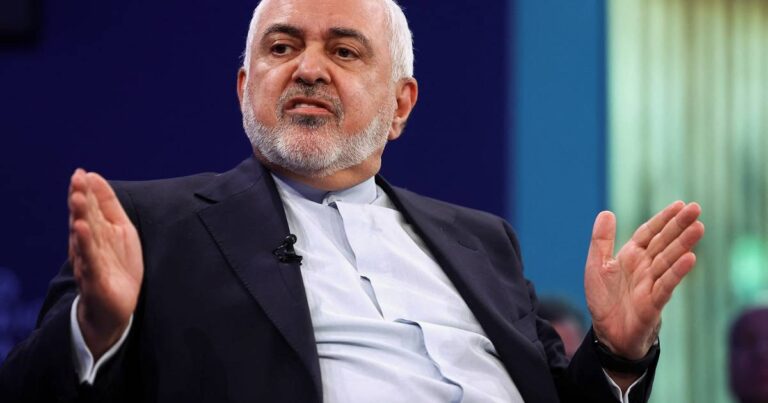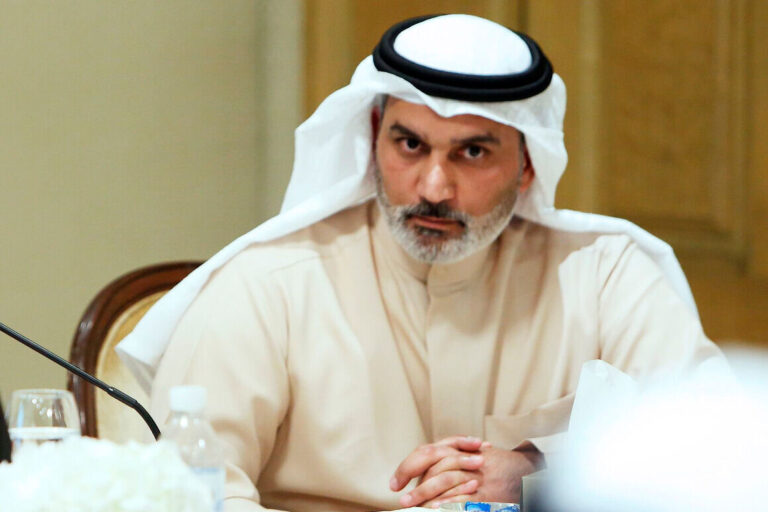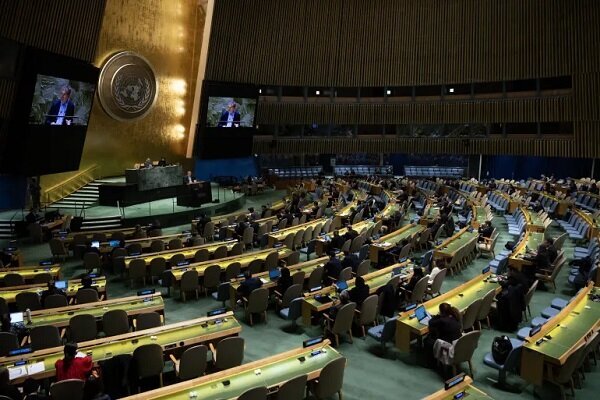Iran’s Foreign Minister Visits Muscat for Key US Talks
In recent developments surrounding Iran’s diplomatic efforts, the Iranian Foreign Ministry has reiterated its commitment to safeguarding the nation’s interests during negotiations. The focus is on the ongoing discussions related to Iran’s nuclear program and the complexities of international relations with the United States.
On Saturday morning, Iranian Foreign Ministry Spokesperson Esmaeil Baghaei took to social media platform X to express the unwavering determination of the Iranian negotiating team. He emphasized their resolve to utilize all available resources to protect Iran’s authority and national interests.
Earlier, on April 8, Iranian Foreign Minister Abbas Araghchi highlighted that the talks in Oman represent a critical opportunity to evaluate the United States’ commitment. He pointed out that the US has a “long history of non-commitment and unilateralism,” raising questions about the sincerity of its approach in these discussions.
The backdrop to these negotiations includes significant historical events. In 2018, during his first term, US President Donald Trump withdrew the United States from the Joint Comprehensive Plan of Action (JCPOA), a landmark agreement aimed at curbing Iran’s nuclear ambitions. This withdrawal initiated a maximum pressure campaign against Iran, which aimed to isolate the country economically and politically.
Upon returning to the White House for a second term in January, Trump reinstated this stringent policy. However, he has also expressed a willingness to negotiate a new agreement to replace the JCPOA.
On March 12, Trump made headlines by sending a letter to Ayatollah Seyyed Ali Khamenei, the Leader of the Islamic Revolution, proposing negotiations for a new deal. In this correspondence, he also issued threats of military action if Iran did not comply with US demands.
Despite these pressures, Iran has firmly ruled out direct negotiations with the US under conditions of intimidation and threats. However, officials have indicated that indirect talks may still be a viable avenue for dialogue.
As the situation develops, several key points emerge regarding Iran’s stance and the ongoing negotiations:
- Commitment to National Interests: Iran remains steadfast in protecting its sovereignty and national interests during negotiations.
- US Credibility at Stake: The sincerity of the US in negotiations is under scrutiny, given its history of non-commitment.
- Past Agreements: The withdrawal from the JCPOA has created a long-standing distrust between Iran and the United States.
- Potential for Indirect Talks: Iran is open to indirect negotiations, despite ruling out direct discussions under duress.
The international community is closely monitoring these developments, particularly as they relate to regional stability and nuclear non-proliferation efforts. The outcome of the Oman talks could have significant implications for Iran’s future relations with the US and other global powers.
In conclusion, the Iranian negotiating team’s commitment to safeguarding the nation’s interests remains a focal point amidst the complexities of international diplomacy. As both sides navigate these challenging discussions, the potential for a renewed agreement hangs in the balance, contingent upon the willingness of the US to engage seriously and responsibly.
